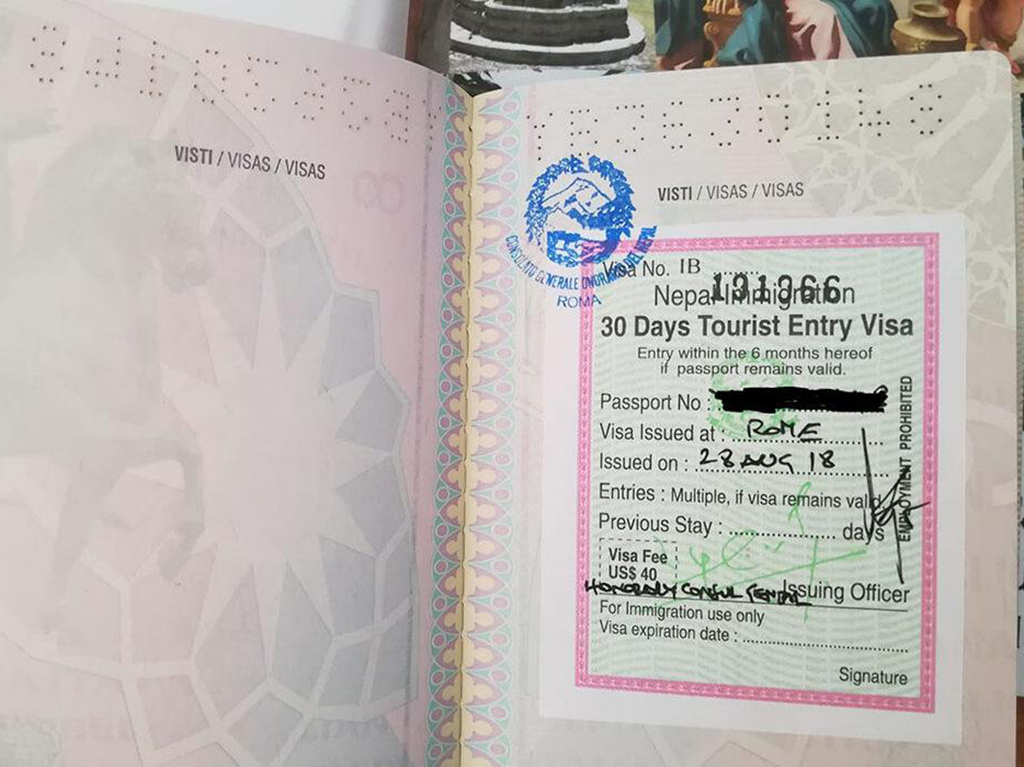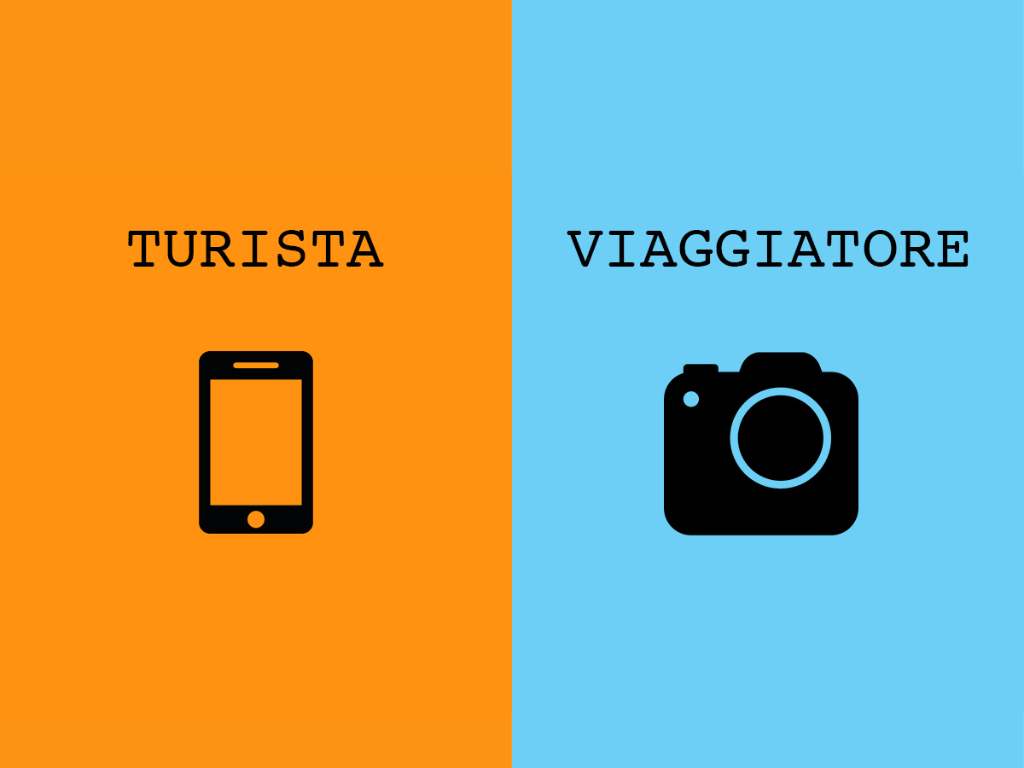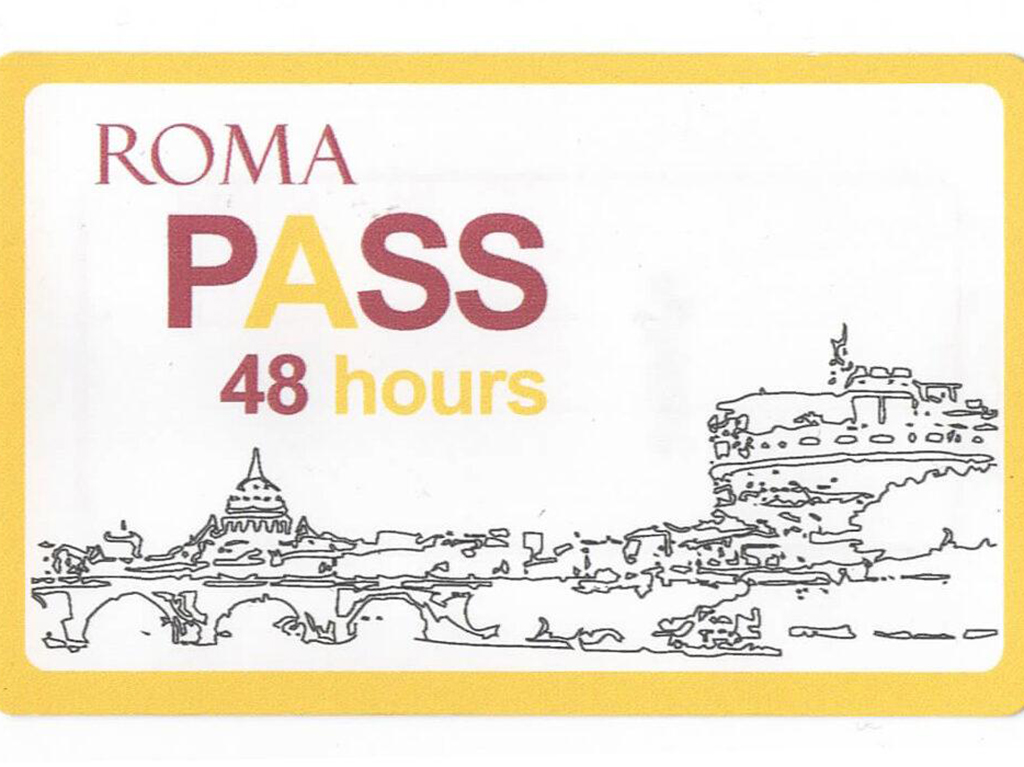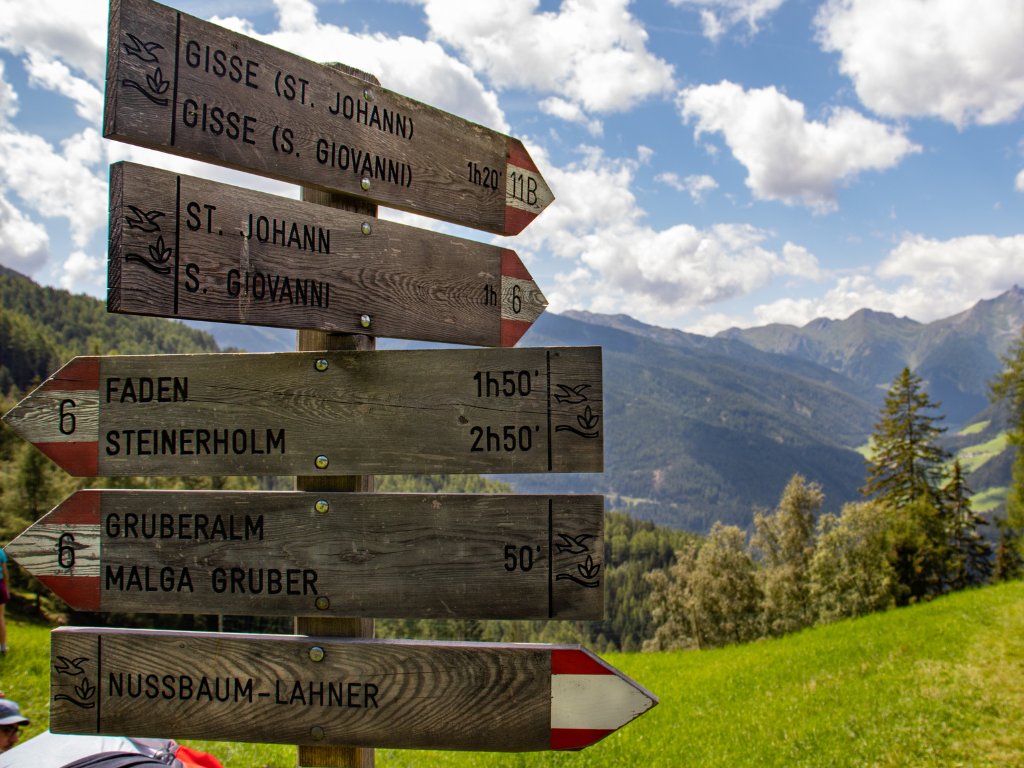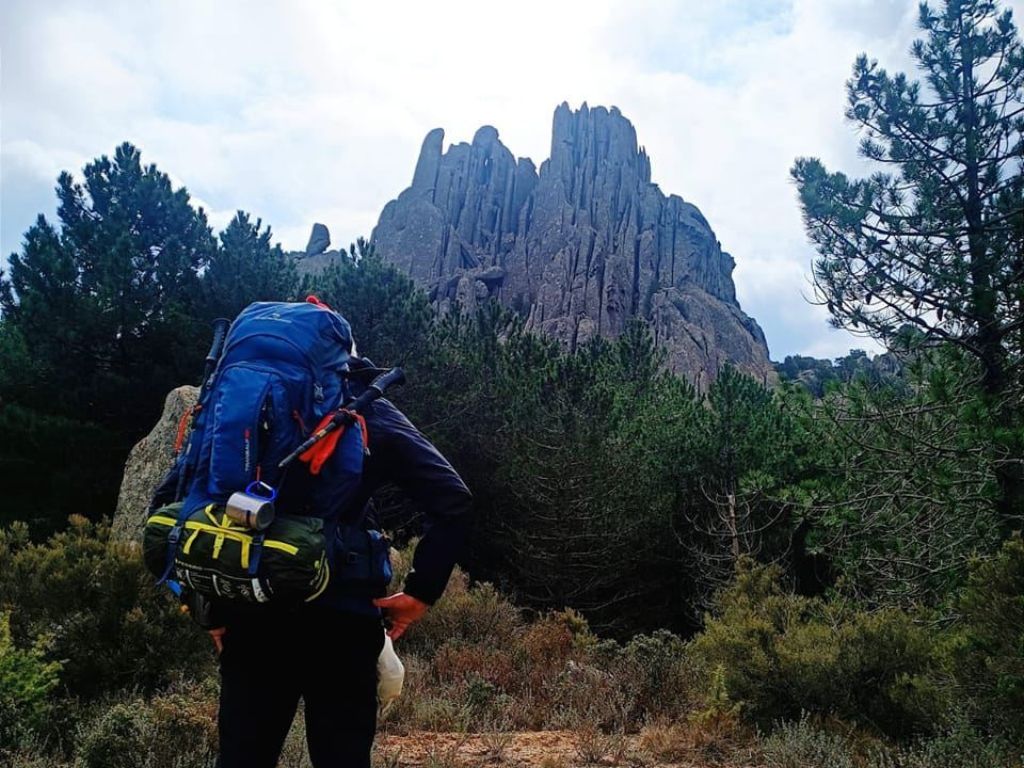Crossing the customs can be a crucial step for anyone deciding to travel to Switzerland. With proper preparation and understanding of customs procedures, it's possible to simplify the process and ensure a smooth passage. In this guide, we will explore the main steps to follow for crossing the Swiss customs without issues.
Crossing the Swiss Customs: Essential Guide for a Trouble-Free Journey
Required Documents
Before crossing the Swiss customs, make sure you have all the necessary documents on hand. Common documents include a valid passport, an international driving license (if required), and valid car insurance. Additionally, check if a visa is required for your nationality and ensure you obtain it in advance if necessary. Keep all documents easily accessible during your journey.
Understanding Customs Rules
It's important to be aware of the customs rules in force in Switzerland. This includes restrictions on imported goods such as tobacco, alcohol, and food products. Familiarize yourself with the allowed limits for each category and make sure to adhere to them. If you're unsure about what you can bring with you, visit the official Swiss customs website or contact the relevant authorities to get updated information.
Declaration of Goods
While crossing the Swiss customs, you might be required to declare the goods you're bringing with you. Switzerland uses a traffic light system (red, green, yellow) to select vehicles for inspection. Follow the provided instructions and, if requested, fill out the customs declaration form accurately. Ensure you declare all goods subject to taxes or restrictions in a precise and transparent manner.
Currency and Tax Exemption Limit
The tax exemption limit for crossing the Swiss customs depends on the mode of transport used (e.g., car, train, airplane) and your nationality. Below, I'll provide you with some general information, but I recommend always checking the latest rules and specific limits on the official Swiss customs website or by directly contacting the competent authorities.
For travelers in cars or other private vehicles, the tax exemption limit for goods purchased abroad is usually around 300 Swiss francs. This means that if the total value of the goods you're bringing with you exceeds this amount, you might have to pay customs duties.
It's important to note that for certain categories of goods like tobacco, alcohol, and food products, there are specific limits and additional restrictions. For instance, if you're carrying alcohol, the tax exemption limit can vary depending on the type of alcoholic beverage and its quantity.
Remember that customs limits and rules can change over time. Therefore, it's always advisable to consult official sources or directly contact Swiss customs to get the most up-to-date information before crossing the border.
Prohibited Goods and Restrictions
When crossing the Swiss customs, it's important to be aware of prohibited goods and restrictions to avoid issues and sanctions. Here are some common examples of prohibited or restricted products:
- Illegal Substances: Any type of drugs or narcotics is strictly prohibited. Switzerland has strict laws against drug trafficking, and entering the country with illicit substances can lead to serious legal consequences.
- Weapons and Ammunition: Importing firearms, edged weapons (like fixed-blade knives), and ammunition is subject to strict restrictions. Before crossing the Swiss customs with any type of weapon, you need to obtain the appropriate permits and authorizations.
- Food Products: Switzerland has strict restrictions on the import of food products, especially of animal origin. Meat, fish, cheese, eggs, and dairy products can be subject to restrictions. It's advisable to avoid bringing such products unless you're certain about complying with customs regulations.
- Plants and Animals: Importing plants, flowers, seeds, live animals, or taxidermy animals often requires special permits. Certain species of plants and animals are protected, and their trafficking is either prohibited or regulated.
- Counterfeit Products: Importing counterfeit products like fake branded items is prohibited. This includes counterfeit bags, clothing, watches, accessories, and other fake goods.
- Currency and Valuables: There are restrictions on transporting large amounts of cash currency or valuable items like jewelry, gold, and silver. For certain quantities, it might be necessary to declare such items and obtain authorization.
Remember that these are just some common restrictions, and rules can vary depending on circumstances and nationality. It's advisable to check the latest regulations on the official Swiss customs website or directly contact customs authorities for updated information before crossing the Swiss border.
Safe Driving and Respect for Traffic Rules
During your journey in Switzerland, ensure safe driving and respect for traffic rules. Switzerland is known for strict traffic law enforcement, and fines for violations can be hefty. Obey speed limits, always wear your seatbelt, and carefully follow road signs.
Customs Checks and Waiting Times
Be prepared for customs checks that might take time, especially during peak periods or at certain borders. Waiting times can vary, so consider planning your trip to avoid high traffic hours. Stay calm during checks and follow the instructions of customs personnel to facilitate the process.
Conclusion
Crossing the Swiss customs can be a hassle-free experience if you follow the proper procedures and are adequately prepared. Remember to have all necessary documents with you, comply with customs rules, declare goods accurately, and drive safely. Take the time to inform yourself about current customs restrictions and limits. With this information, you'll be ready to successfully navigate Swiss customs and enjoy your journey with peace of mind.






